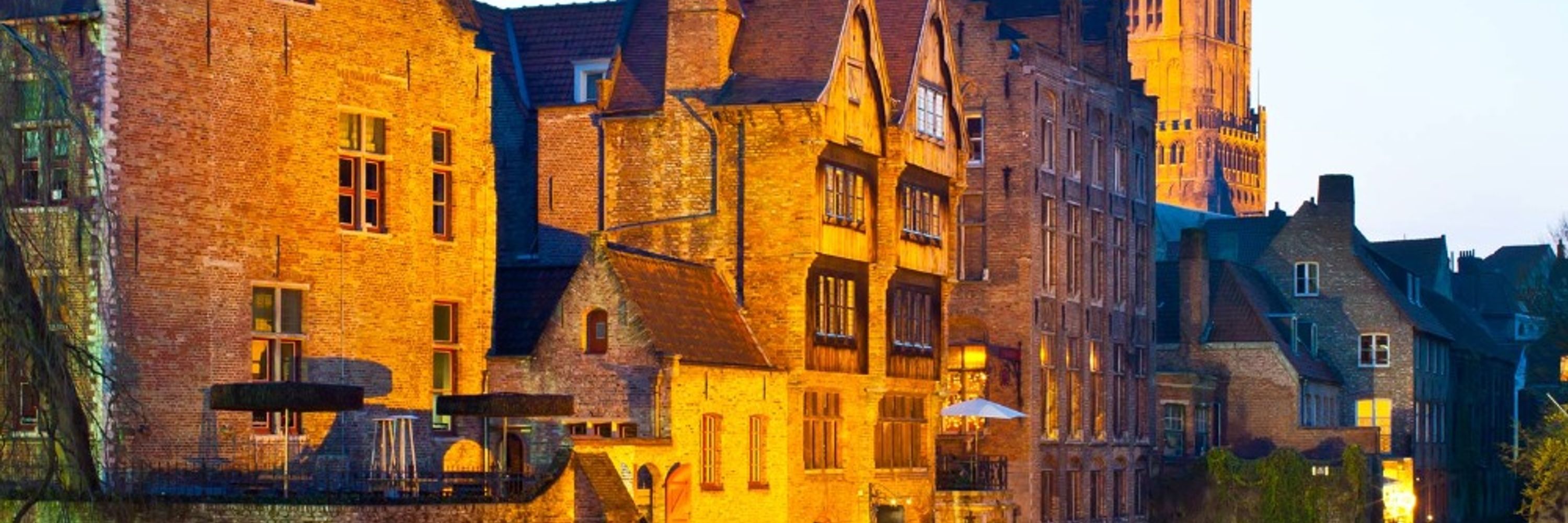
Sophia Freuden
@sophiafreuden.bsky.social
Counter-info ops girlie, Russianist, OSINT, democracy resilience. Aggressive Oregonian. Views my own 🌲 she/her
Whatever your thoughts on Soros or the ultra rich that tend to fund these organizations (I, too, hate billionaires), the fact is that these institutions enable a lot of good. This includes activities protected by the First Amendment.
September 25, 2025 at 5:29 PM
Whatever your thoughts on Soros or the ultra rich that tend to fund these organizations (I, too, hate billionaires), the fact is that these institutions enable a lot of good. This includes activities protected by the First Amendment.
The issue in America obviously isn't the threat of democratization; we are, or at least were until recently, a democracy. But to figures in the American regime, the role of civil society--Soros, OSF, Ford, Carnegie, whatever--is the same as it is to Putin: a threat against their hold on power.
September 25, 2025 at 5:26 PM
The issue in America obviously isn't the threat of democratization; we are, or at least were until recently, a democracy. But to figures in the American regime, the role of civil society--Soros, OSF, Ford, Carnegie, whatever--is the same as it is to Putin: a threat against their hold on power.
Although Soros, OSF, and those civsoc entities were never guilty of anything dreamt of in Putin's paranoia, civil society does generally play a critical role in both democratic resilience and democratization--especially by enabling free speech and networks of information about government wrongdoing.
September 25, 2025 at 5:24 PM
Although Soros, OSF, and those civsoc entities were never guilty of anything dreamt of in Putin's paranoia, civil society does generally play a critical role in both democratic resilience and democratization--especially by enabling free speech and networks of information about government wrongdoing.
Putin was convinced that the very real anti-government sentiment expressed in 2012 that nearly toppled his regime was somehow a CIA engineered plot enabled by organizations similar to OSF. Many of these orgs were labeled as foreign agents and eventually criminalized. Does this sound familiar yet?
September 25, 2025 at 5:21 PM
Putin was convinced that the very real anti-government sentiment expressed in 2012 that nearly toppled his regime was somehow a CIA engineered plot enabled by organizations similar to OSF. Many of these orgs were labeled as foreign agents and eventually criminalized. Does this sound familiar yet?
The evidence painted a picture of Russian--Putin's--paranoia that Soros, OSF, and similar entities were fomenting revolutions in the 2000s-2010s in Georgia (Rose) and Ukraine (Orange, Euromaidan) that would spread contagiously to Russia. The Bolotnaya protests of 2012 were Putin's breaking point.
September 25, 2025 at 5:19 PM
The evidence painted a picture of Russian--Putin's--paranoia that Soros, OSF, and similar entities were fomenting revolutions in the 2000s-2010s in Georgia (Rose) and Ukraine (Orange, Euromaidan) that would spread contagiously to Russia. The Bolotnaya protests of 2012 were Putin's breaking point.
Can you get which hypothesis received the most evidence across these methods?
2, the one in which Russia attacked Soros via disinfo and propaganda for both real and alleged involvement in pro-democracy efforts and full democratization across the U.S. and post-Soviet space.
2, the one in which Russia attacked Soros via disinfo and propaganda for both real and alleged involvement in pro-democracy efforts and full democratization across the U.S. and post-Soviet space.
September 25, 2025 at 5:15 PM
Can you get which hypothesis received the most evidence across these methods?
2, the one in which Russia attacked Soros via disinfo and propaganda for both real and alleged involvement in pro-democracy efforts and full democratization across the U.S. and post-Soviet space.
2, the one in which Russia attacked Soros via disinfo and propaganda for both real and alleged involvement in pro-democracy efforts and full democratization across the U.S. and post-Soviet space.
My methods consisted of interviews with roughly a dozen high-profile individuals, tens of thousands of data points scraped from RT, and countless memoirs, legal documents, and histories spanning Russia, Hungary, Georgia, Ukraine, and the US--most notably Russia's intervention in the 2016 elections.
September 25, 2025 at 5:13 PM
My methods consisted of interviews with roughly a dozen high-profile individuals, tens of thousands of data points scraped from RT, and countless memoirs, legal documents, and histories spanning Russia, Hungary, Georgia, Ukraine, and the US--most notably Russia's intervention in the 2016 elections.
3. A constructivist hypothesis that Russia was responding to Western denial of Russia's "deserved" great power status by attacking individuals tied to Western great power
September 25, 2025 at 5:08 PM
3. A constructivist hypothesis that Russia was responding to Western denial of Russia's "deserved" great power status by attacking individuals tied to Western great power
2. An institutionalist take that held that civil society organizations provided linkages between competitive autocracies like Russia (pre-2022) and democracies, therefore providing pathways for democratization
September 25, 2025 at 5:05 PM
2. An institutionalist take that held that civil society organizations provided linkages between competitive autocracies like Russia (pre-2022) and democracies, therefore providing pathways for democratization
My thesis had three competing hypotheses, or reasons why Russia did this:
1. A neorealist, structural take on Russia viewing Soros as a representative of Western great power status and global order
1. A neorealist, structural take on Russia viewing Soros as a representative of Western great power status and global order
September 25, 2025 at 5:03 PM
My thesis had three competing hypotheses, or reasons why Russia did this:
1. A neorealist, structural take on Russia viewing Soros as a representative of Western great power status and global order
1. A neorealist, structural take on Russia viewing Soros as a representative of Western great power status and global order

